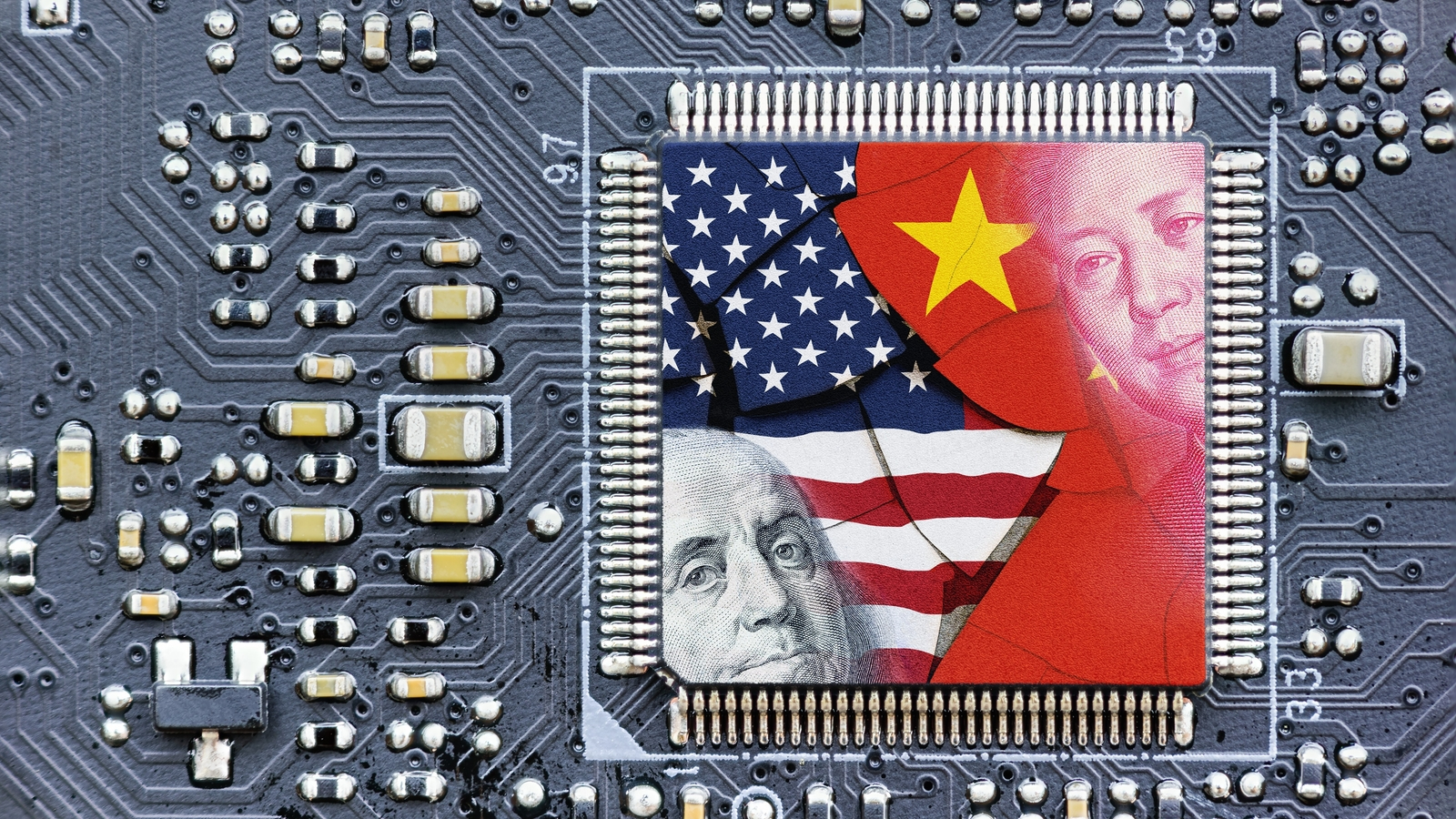Nvidia GPU tracking tech proposed by US lawmakers in smuggling crackdown
Uncle Sam wants to see where its AI chips are going.

U.S. Congressman and physicist Bill Foster plans to introduce a bill that will require advanced AI chipmakers like Nvidia to include a built-in location reporting system. According to Reuters, this system will use existing and readily available technology to find the general country-level location of an AI chip. In fact, two sources say that Alphabet is using something similar to track the location of its in-house Tensor AI chips across all its data centers to protect against theft and other security breaches.
The White House, under both the Biden and Trump administrations, has been enforcing bans against the export of advanced chips to China since 2022. It has been doing this to limit its rival’s access to cutting-edge technology and help ensure the U.S.’s dominance in AI technology. Washington even recently expanded the export controls to include previously allowed chips like the MI308 and H20, resulting in an $800-million and $5.5-billion write-off for AMD and Nvidia, respectively.
However, the bans and sanctions have been criticized for being ineffective, with the former U.S. Commerce Secretary Gina Raimondo calling them “a fool’s errand”. We’ve had verified reports of Chinese businesses smuggling advanced chips into mainland China, and the company behind DeepSeek, one of China’s most advanced AI models, is accused of using smuggled Nvidia AI chips. Even the U.S. Senate found that the Bureau of Security and Industry (BIS), the agency in charge of export controls, was sorely lacking in resources and relied on voluntary compliance from chipmakers.
Rep. Foster’s proposal aims to solve this issue by requiring AI chips to communicate with a secure computer server whenever they go online. According to the source, the time difference between when the chip sends the signal and when the server receives it is enough to determine its rough location. Reuters claims that independent technical experts say that the proposal by the congressman, who is a former particle physicist and has a doctorate in physics from Harvard University, is feasible and could potentially work.
Geo-blocking implementation to be discussed
However, the Congressman from Illinois wants to go beyond that. He also wants the chips to stop booting if they detect that they do not have the proper export licenses. This would be significantly more technically challenging than just finding a chip’s location, but the representative says that “we can have more detailed discussions with the actual chip and module providers” to know how to implement it.
Requiring these technologies to be built into chips will likely get some pushback, especially when privacy is called into question. Nevertheless, this bill has reportedly bipartisan support, with representatives from both sides of the aisle supporting the concept.
Follow Tom's Hardware on Google News to get our up-to-date news, analysis, and reviews in your feeds. Make sure to click the Follow button.
Get Tom's Hardware's best news and in-depth reviews, straight to your inbox.

Jowi Morales is a tech enthusiast with years of experience working in the industry. He’s been writing with several tech publications since 2021, where he’s been interested in tech hardware and consumer electronics.
-
setx I hope Chinese GPUs would be at good level soon enough.Reply
Only market can effectively punish DRM plague. -
_Shatta_AD_ So, they’re opening Pandora box for future chip-level geo-tagging/tracking/kill-switching. No nation in their right-mind would hand over that much control of such critical part of their infrastructure to a foreign nation or otherwise.Reply
This will be the final nail-in-the-coffin for US tech dominance. This is not even considering the potential for bad-actors to take advantage of this additional vector of attack and consumer privacy violation. If you think a live location tracker will only be able to know your country level info, you’re sorely misinformed. The boycotting of all US tech will be swift at all levels, government, corporate, commercial, consumer, etc.